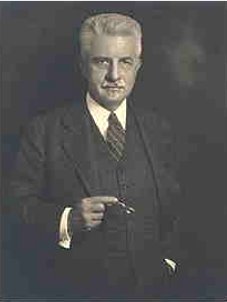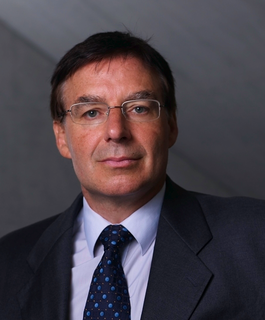A Quote by Evelyn Waugh
It may happen in the next hundred years that the English novelists of the present day will come to be valued as we now value the artists and craftsmen of the late eighteenth century.
Related Quotes
Without investments in research and science that will create the next Apple, create the next new innovation that will sell products around the world, we will lose. If we're not training engineers to make sure that they are equipped here in this country, then companies won't come here. Those investments are what's going to help to make sure that we continue to lead this world economy not just next year, but 10 years from now, 50 years from now, a hundred years from now.
What makes 'The Marriage of Souls' such a wonderful book is Collins's intricate reconstruction of the late eighteenth-century world. Simplicity and philosophy are the hallmarks of eighteenth-century art and architecture. The classically pure lines look deceptively simple and unburdened by heavy symbolism or imagery.
A Hundred Years From Now Well a hundred years from now I won't be crying A hundred years from now I won't be blue And my heart would have forgotton she broke ever vow I won't care a hundred years from now Oh, it seem like yesterday you told me You couldn't live without my love somehow Now that you're with another it breaks my heart somehow I won't care a hundred years from now * Refrain Now do you recall the night sweetheart you promised Another's kiss you never would allow That's all in the past dear it didn't seem to last I won't care a hundred years from now * Refrain
Why consider debates in the English House of Commons in 1628 along with documents on American developments in the late eighteenth century? The juxtaposition is not capricious, because the Commons during this period generated many of the ideas that were later embodied in the government of the United States.
One hundred years from now, I expect the Tatas to be much bigger than it is now. More importantly, I hope the Group comes to be regarded as being the best in India.. best in the manner in which we operate, best in the products we deliver, and best in our value systems and ethics. Having said that, I hope that a hundred years from now we will spread our wings far beyond India.
I live for the moment. I'm basically a Buddhist-type person. I'm just here right now, and I don't think about what's going to happen a hundred years from now. I try to concentrate on what's going on right now. But I'm really trying to run this company like it is going to be here a hundred years from now. That's what's important.
The truth is that the materialistic paternalism of the present day, if allowed to go on unchecked, will rapidly make of America one huge "Main Street," where spiritual adventure will be discouraged and democracy will be regarded as consisting in the reduction of all mankind to the proportions of the narrowest and least gifted of the citizens. God grant that there may come a reaction, and that the great principles of Anglo-Saxon liberty may be rediscovered before it is too late!
The word 'art' interests me very much. If it comes from Sanskrit, as I've heard, it signifies 'making.' Now everyone makes something, and those who make things on a canvas with a frame, they're called artists. Formerly, they were called craftsmen, a term I prefer. We're all craftsmen, in civilian or military or artistic life.



































